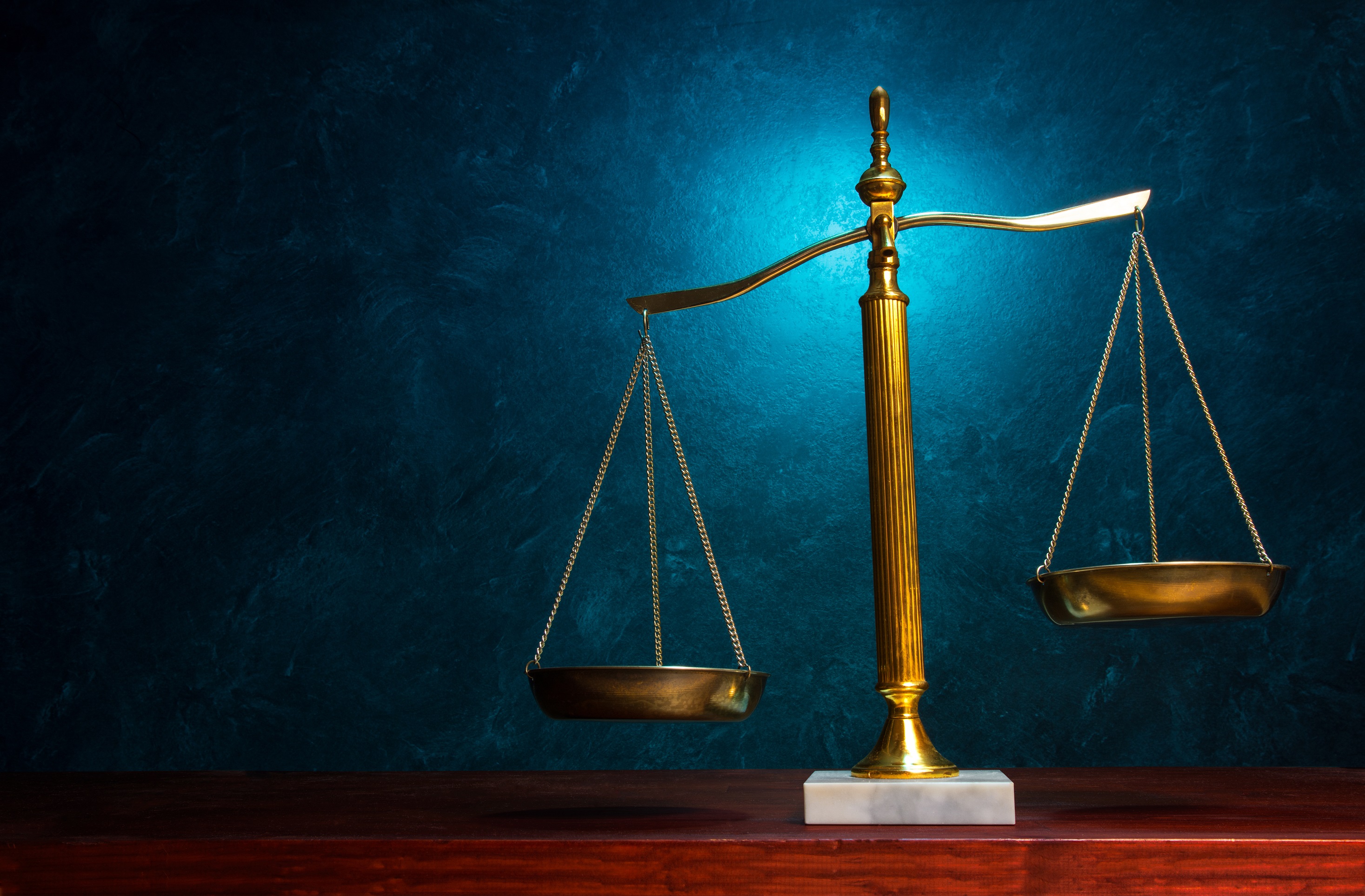Journey of a Criminal Defense Attorney in Washington, DC Part Three

Throwback Thursday Edition: This is a blog originally written and posted by David Benowitz, the firm’s founding partner, in 2011.
 No one wanted to do it. Not the paid investigators. Not the other interns. I didn’t want to. The trial of three people accused of gang raping a young woman in an alley was rapidly approaching and no one had interviewed the victim.
No one wanted to do it. Not the paid investigators. Not the other interns. I didn’t want to. The trial of three people accused of gang raping a young woman in an alley was rapidly approaching and no one had interviewed the victim.
It had been months since anyone had tried to even locate her, so when I reluctantly began looking, I found that she’d moved from her last known address. This was before internet database searches or Google, so I hit the road and started talking to the few sketchy contacts I had. I found her cousin on 14th Street in Columbia Heights; he had a phone number for her. He wouldn’t give me the number but I saw him dialing and memorized it. I was able to get an address using a reverse tracing directory.
When I got to the apartment my heart was in my throat; I had no idea what I would find. Would she be bearing the physical damage of brutalization on her face? Would she immediately strike me as a liar? How would I hold up in the face of incomprehensible tragedy?
A beautiful young woman answered the door. I told her who I was and she invited me in. Her three year-old son was there. She was pregnant; I prayed that it wasn’t the result of the rape. We talked for a little while and she called the prosecutor on the case to ask whether she should speak with me about the case. The prosecutor said it was her choice, and she told the prosecutor that she was going to do it.
As we talked and I wrote down what she told me, I played peek-a-boo with her son and he tried to climb in my lap. She didn’t seem to mind.
Now, at that time, in 1992, I’d had some limited experience in interacting with victims of crime. I’d spoken to the families of people who’d been murdered and people who’d been robbed, a stripper who was trying to get back at her ex-boyfriend by claiming that she’d been raped. Nothing could have prepared me for this.
With every word we spoke, as every second passed, I analyzed the effect I was having, the role I was playing in this situation. Because it was clear that this woman was telling the truth about what had happened to her and our client’s role in it. In taking her through every detail of what happened, was I in fact assaulting her? Wasn’t my mere presence violating her? For me this felt like a test, could I put forth my best effort to get information from her without hurting her? Could I be the person who got this information and used it to help the person who’d raped her? I don’t know if from a legal ethics standpoint I was wrong for even considering her well-being; I probably was. At some point it simply didn’t matter, because it dawned on me that she viewed this as catharsis. Because as she related her story, she wasn’t angry or demeaned; she seemed to be gaining strength from the telling.
I hope I’m right about that, because I can still see her face, with one tear on it, almost twenty years later.
This post was written by David Benowitz. He is a founding partner of Price Benowitz LLP and a criminal defense attorney in Washington, DC. David received an LL.M in Trial Advocacy from Temple University, is a Board Certified Criminal Trial Advocate by the National Board of Trial Advocacy, and is a member of the National College for DUI Defense.